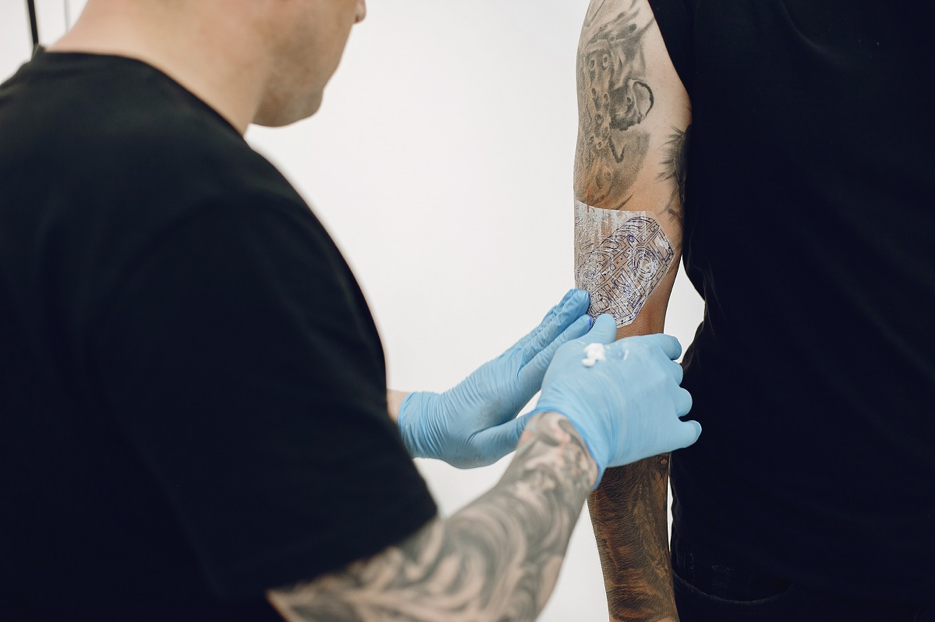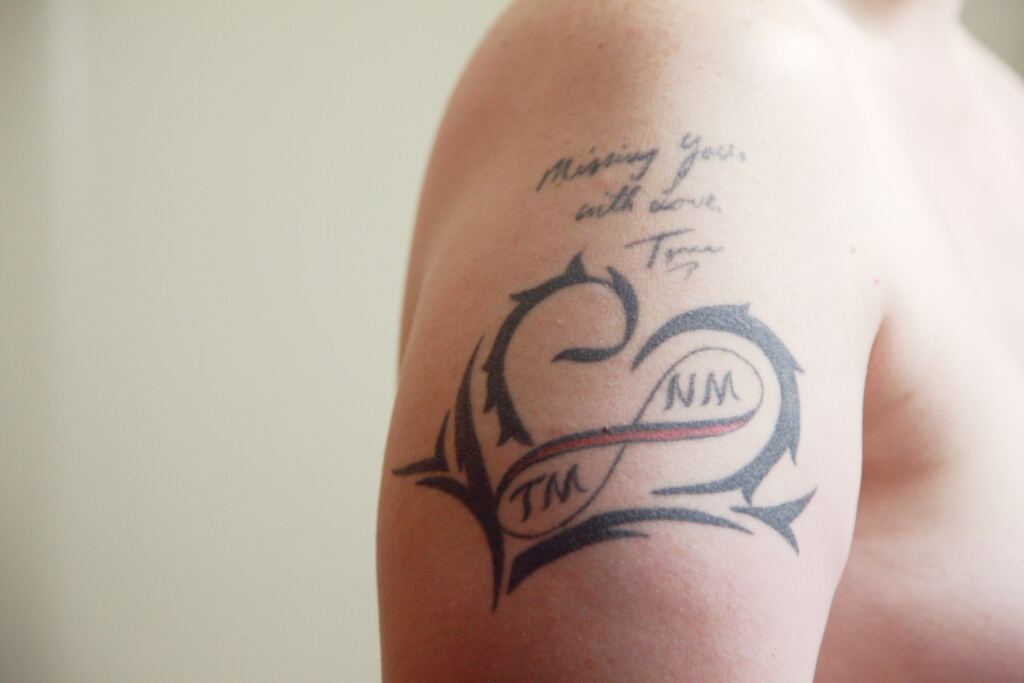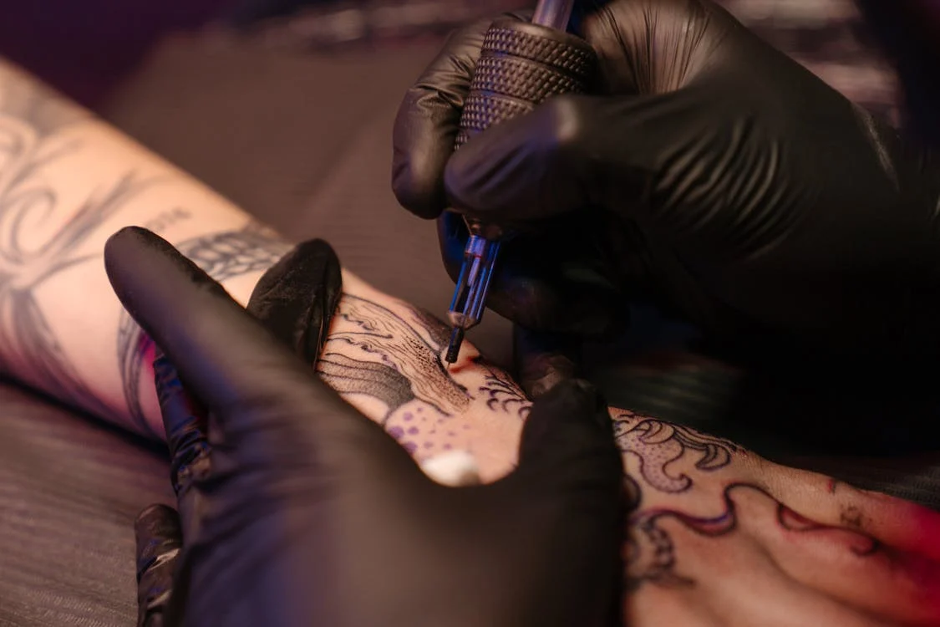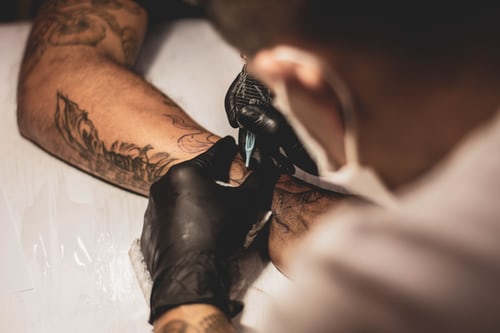Banning Tattoos in Colleges
Tattoos are unique, personal, and often represent who the person is. They are also permanent, which means they are always present in society. Tattoos can be seen as a form of art or expression, which is why many people wear them on their skin.
Many colleges have banned tattoos from creating a more professional environment for their students. The reasoning is that they want to put forth the message that higher education is a serious business and should be taken seriously. The students will be well-dressed, presenting themselves as well-rounded members of society.
Lack of tattoos was hinted at and insisted to increase professionalism. This increased professionalism will help with college students’ future prospects in the workplace.
College students are deciding to go without tattoos to help maintain a professional appearance. This is necessary because workplace regulations are becoming more stringent on tattoos.
However, removing tattoos can be expensive and painful for many people. The idea of banning tattoos in colleges has been met with mixed reviews from faculty and students alike.
Some faculty members see these bans as necessary to create an academic environment, while others see them as taking away individuality from campus life.
This ban has some legal implications because it may violate legislation that protects against discrimination under the Civil Rights Act of 1964.
Table of Contents
The Impact of College Tattoo Banning Policies On Student Freedom
College students are no strangers to freedom. They are free to party, dress the way they want, and enjoy their lives. Tattoos are one form of expression that many college students choose to get inked on their skin.








